Productivity isn’t just about being “busy” — it’s about working smart and actually getting things done. Employers know this, which is why in interviews they often ask questions like:
“How do you make sure you stay productive throughout the day?”
This isn’t a trick question. They’re not asking if you work nonstop without breaks. What they really want to know is how you manage your time, focus, and adapt when things don’t go as planned.
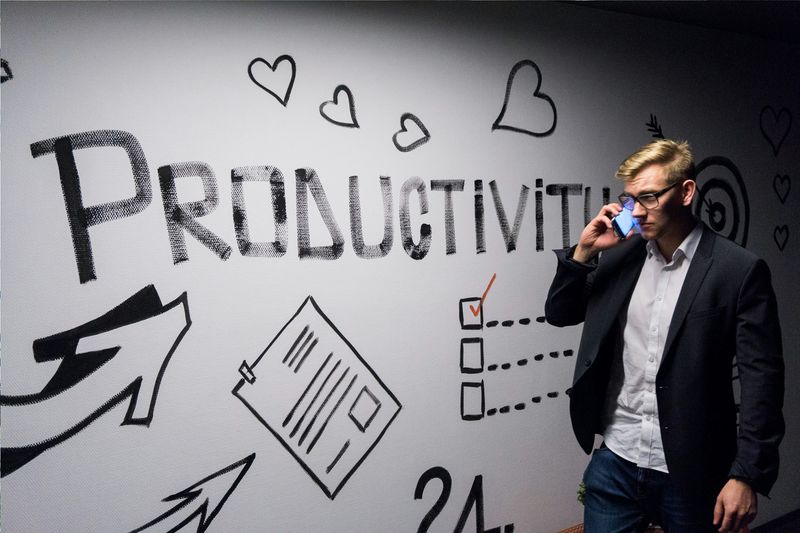 Photo by Andreas Klassen on Unsplash
Photo by Andreas Klassen on UnsplashWhat Is the Interviewer Looking For?
When you hear that question, think about it this way: they’re checking to see if you have the right habits and mindset. Specifically, they want to know if you can:
Manage your time. Do you know how to prioritize and hit deadlines?
Stay focused. Can you avoid distractions without someone hovering over you?
Stay organized. Do you plan ahead so things don’t fall through the cracks?
Be adaptable. Can you adjust when surprises come up?
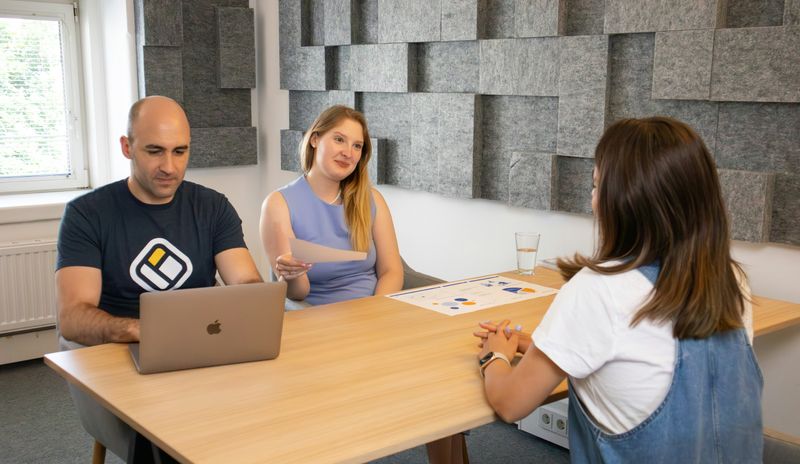 Photo by Walls.io on Unsplash
Photo by Walls.io on UnsplashThe STAR Method: Your Cheat Code
One of the best ways to answer behavioral interview questions is with the STAR method. Think of it like a story structure that keeps you on track.
Situation: What was going on? Explain the situation so that your interviewer understands the context of your example.
Task: What were you responsible for? Talk about the tasks that you took responsibility for completing or the goal of your efforts.
Action: What did you do about it? Describe the actions that you personally took to complete the task.
Result: How did it turn out? Explain the positive outcomes or results generated by your actions or efforts.
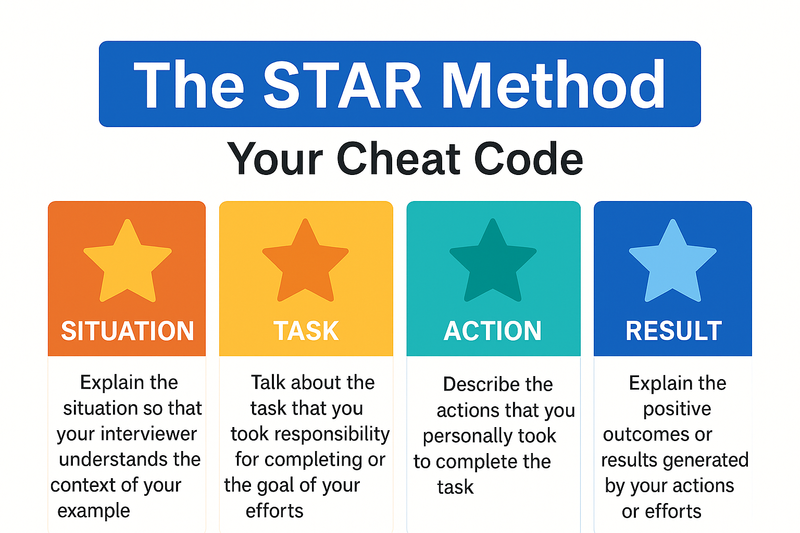 Image created by the author using ChatGPT
Image created by the author using ChatGPT
This framework helps you avoid rambling, makes your answer easy to follow, and shows interviewers a real example instead of a vague claim.
How to Build Your STAR Answer
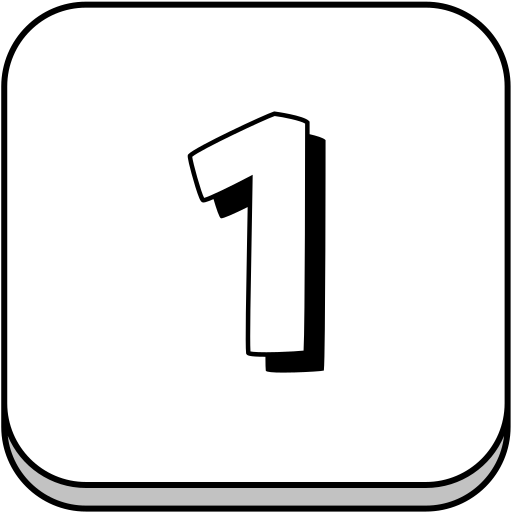 Step 1: Pick the Right Example
Step 1: Pick the Right Example
Choose a moment where being productive really mattered, like:
Working on a tight deadline
Juggling multiple tasks
High volume, repetitive tasks
Handling unexpected changes
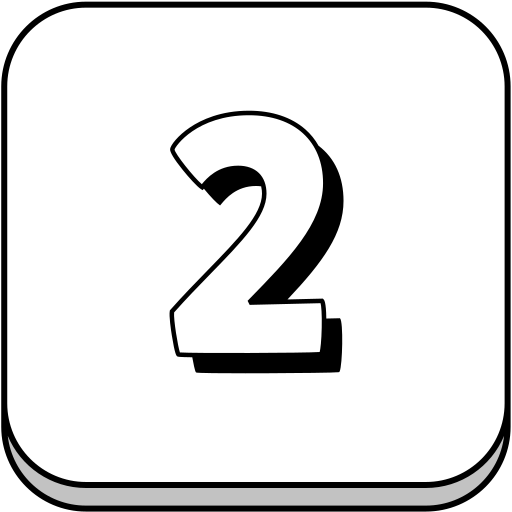 Step 2: Define the Task
Step 2: Define the Task
Be clear about what your goal was and why it was challenging. This sets up the rest of your story.
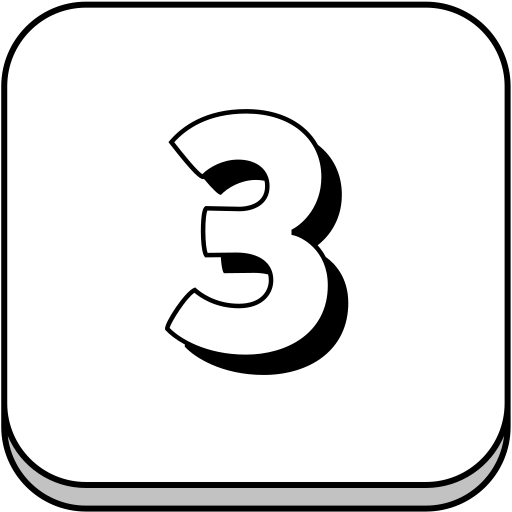 Step 3: Highlight Your Actions
Step 3: Highlight Your Actions
Share the actual strategies you used. Some ideas you can pull from:
Time-blocking: “I split my day into focus sessions for deep work, emails, and meetings.” (time management skills)
Planning ahead: “Every morning I review my to-do list and rank tasks by urgency and impact.” (time management skills)
Taking breaks: "I take short breaks to recharge instead of pushing through and burning out.”(organization strategies)
Distraction control: “I silence notifications and keep my space clutter-free to stay in the zone.” (organization strategies)
Adjusting priorities: “When priorities shifted, I re-ordered my task list and focused on the must-dos first.” (adaptability)
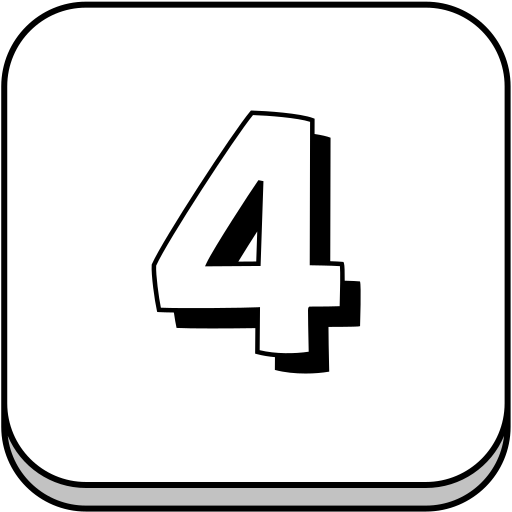 Step 4: Share Measurable Results
Step 4: Share Measurable Results
End strong by talking about what your productivity achieved — maybe you hit deadlines, improved accuracy, or even helped your team out!
A Sample STAR Answer
Here’s how it can all come together:
Situation
In a previous role, I often had to manage multiple projects with tight deadlines and competing priorities.”
Task
“My responsibility was to complete my tasks on time while also staying engaged in team meetings and keeping my manager updated on progress.”
Action
“To stay productive, I started each day by prioritizing my to-do list and blocking time for focused work. I muted unnecessary notifications, kept my workspace organized to avoid distractions, and scheduled short breaks to reset. I also reviewed my progress midday and adjusted my priorities if something urgent came up.”
Result
"With this approach, I was able to consistently meet deadlines, maintain quality work, and stay reliable. My manager appreciated my ability to stay organized. I often became the go-to person when the team needed someone who could balance multiple priorities effectively.”
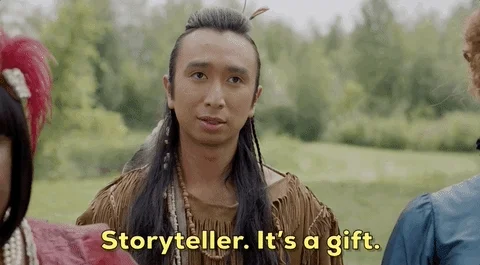
Quiz

Holly is in an interview. They ask her: "How do you ensure you stay productive throughout the day?"
Review the following possible answers and then select the best one:
A. "I use a variety of productivity apps like Trello, Slack, and Google Calendar to stay organized. I also make to-do lists every morning and set reminders throughout the day. I drink coffee to stay energized and try to minimize distractions by putting my phone in another room."
B. "In my previous role managing multiple client projects, I needed to maintain quality while meeting tight deadlines. I implemented time-blocking for focused work sessions and batch-processed similar tasks. This system allowed me to complete projects 25% faster and deliver 3 major campaigns ahead of schedule, which resulted in two client contract renewals worth $150K."
C. "I'm naturally very organized and disciplined. I have great time management skills and I'm good at multitasking. I never miss deadlines and I always give 110% effort. I work well under pressure and can handle multiple priorities without getting overwhelmed or stressed."
D. "I have a very structured daily routine. I wake up at 5 AM, exercise for an hour, then review my priorities over breakfast. I tackle my most important tasks first thing in the morning when I'm most alert, take scheduled breaks, and wrap up my day by planning tomorrow's tasks."
Quiz
Which of the above is the best answer?
Take Action
Your feedback matters to us.
This Byte helped me better understand the topic.

